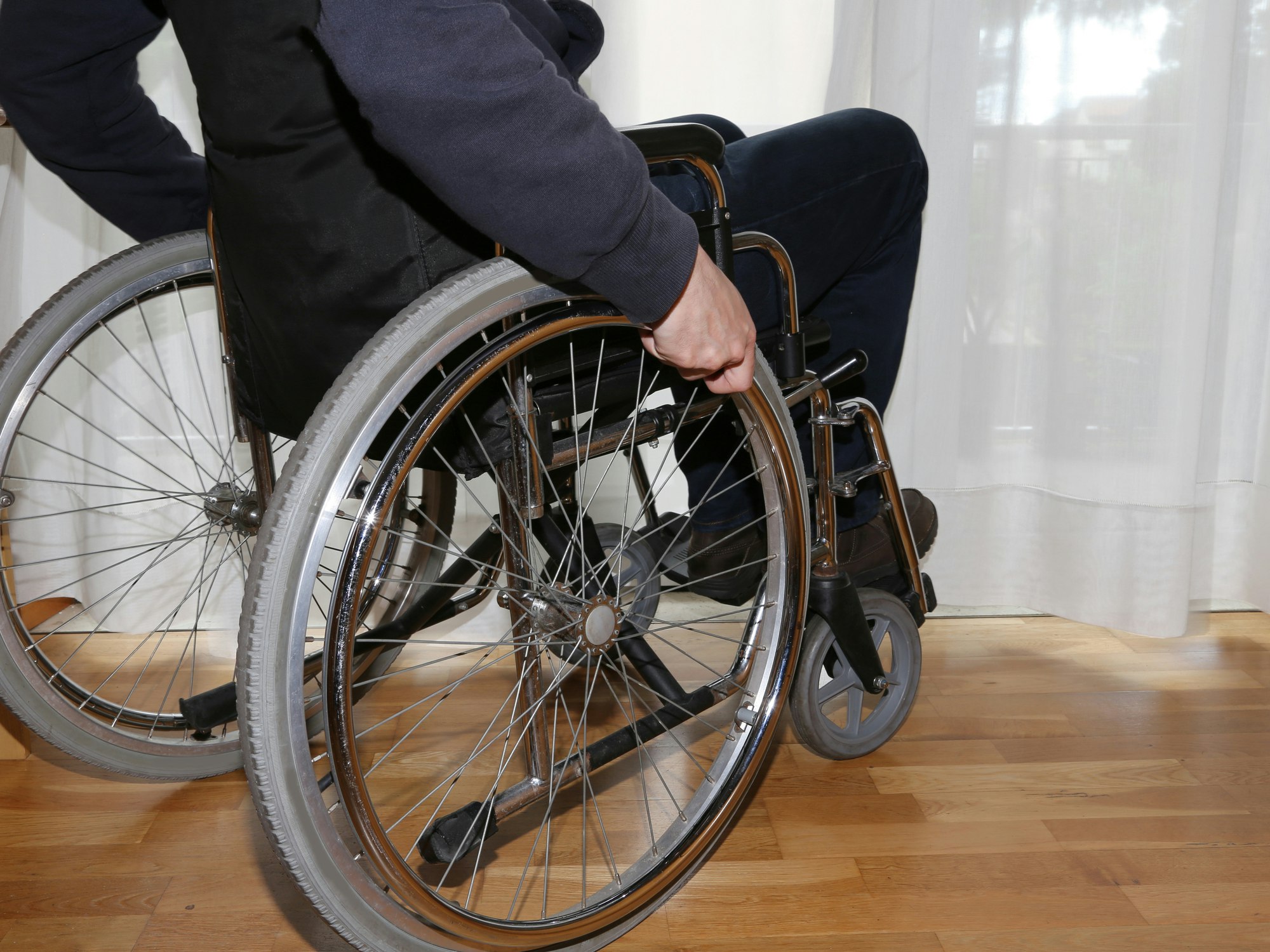Federal Court decision allows NDIS funding of sex workers

The Federal Court has ruled in favour of a woman living with multiple sclerosis who wanted to fund sex work services in her National Disability Insurance Scheme (NDIS) plan.
The NDIS had initially refused the funding before the woman won an appeal to the Administrative Appeals Tribunal (AAT) which reversed the refusal of funding made by the NDIS.
The AAT decision was then challenged by the National Disability Insurance Agency (NDIA) in the Federal Court.
The NDIA told the Federal Court that “the [AAT] failed to properly consider whether it was reasonable to expect that satisfaction of sexual desires be sourced in the community.”
However, in the judgement made by the Federal Court, the Court said, “The [NDIA] argument again operates in some kind of hypothetical universe, divorced from the way its own case was put to the Tribunal”.
The court also said that the NDIA was refusing to read the Tribunal’s reasons fairly and that the NDIS Act does not “expressly exclude such activities from being funded supports. Nor has any exclusion been made under the NDIS Rules”.
El Gibbs, Director of Media and Communications at disability peak body People with Disability Australia (PWDA), says, “This courageous person with disability has fought for years to have her right to equal access to ordinary sexual expression funded through her NDIS plan.
“She won her Administrative Appeals Tribunal case, and has now emphatically won in the Federal Court of Australia.
“We urge the NDIS to accept this decision today, and allow people with disability to fund sexual expression through their plans.”
Saul Isbister, President of Touching Base, an organisation that assists people with disability and sex workers to connect, says that paid sexual services are recognised as an option for people with disability.
“People with disability, just like everyone else, want to enjoy consensual intimate experiences, as part of exploring their physical, social and emotional needs for sexual intimacy and sexual expression.”
PWDA is also asking the NDIS to develop a comprehensive policy about sexuality, including disability-inclusive sexuality and relationships education, access adaptive sex toys and services from sex workers.
Ms Gibbs says, “The Position Statement, endorsed by over 50 organisations and individuals throughout Australia, clearly shows growing support throughout the community for this range of sexual services to be included within the scope of NDIS funding.”
Funding sex work for people with disability about “agency and autonomy”
Jarad McLoughlin, LGBTIQ disability advocate and freelance radio presenter living with autism, says that the Federal Court decision to fund sex work through the NDIS is long overdue.
“From a human rights standpoint, you can now see people with disabilities can be classified or can be perceived as being sexual beings. That we have agency and autonomy to decide who and what we do with our bodies in terms of engaging in intimate activities with another person who happens to work in the sex industry.”
“For myself personally I do feel like this is a long time coming in giving more options for people who are on NDIS to include more goals in their plans that have provisions or guidelines to give them access to services and resources for them to venture into safe sexual activities and interactivity with sex workers.”
Mr McLoughlin says that this ruling has the chance to educate disability service providers about how best to get their client support and set up appropriate safeguards, so people with disability are protected.
“I feel this can go a long way towards [educating] disability service providers to change their frameworks, policies and rules for them to consult and [work] with the sex industry regulatory body to work out how they can get their clients access to services…
“Not only does their need to safeguards and provisions set out to protect and prevent people with disabilities from being exploited and being taken advantage of by people who proclaim or pretend to be sex workers but there needs to be a set of rules that gives clients who are on the NDIS first dibs on what they can use their money for.”
Mr McLoughlin also adds that as someone who is not on the NDIS this ruling should be something that shows the NDIS the importance of allowing people with disability to make a decision about what they use their funding for.
“As someone not on the NDIS, I feel that this ruling should be a good indicator that they need to winder these opportunities for people with disabilities or to be afforded the option to get help and support to be able to pay for a sex worker or an escort for them to come to their place of residence or home.”
What do you think about this? Tell us in the comments below or send an email to [email protected].